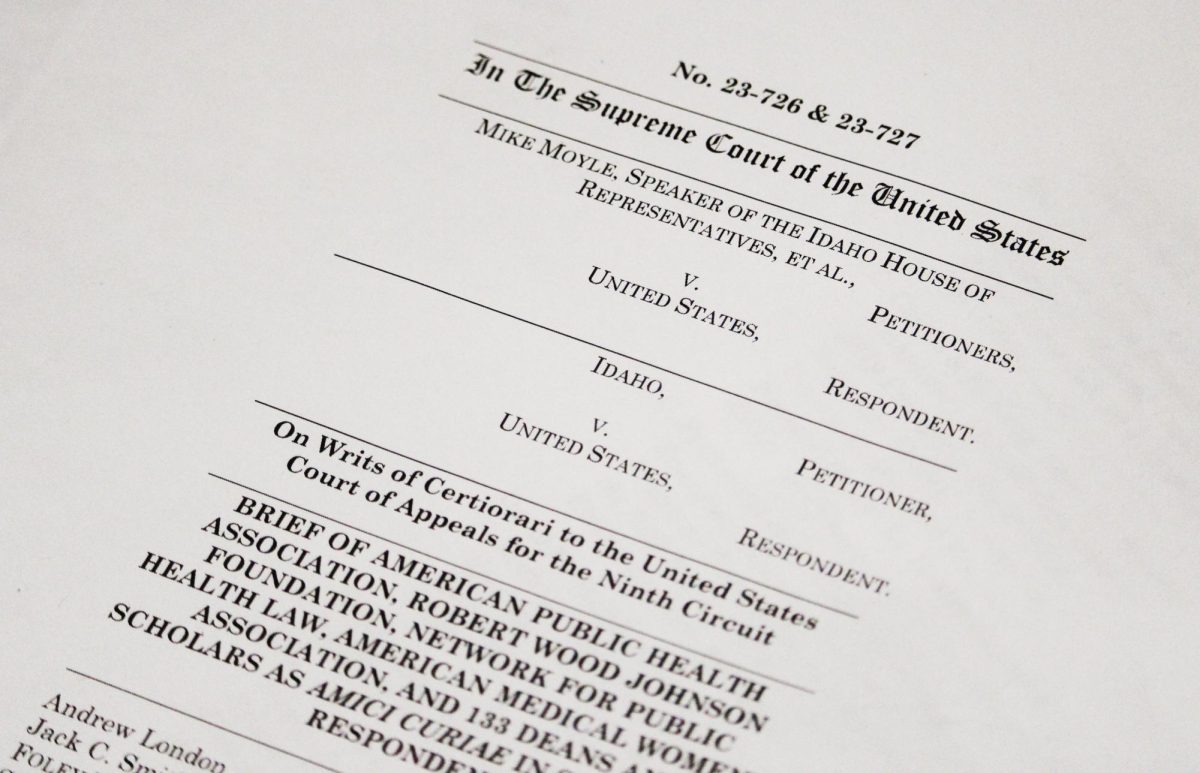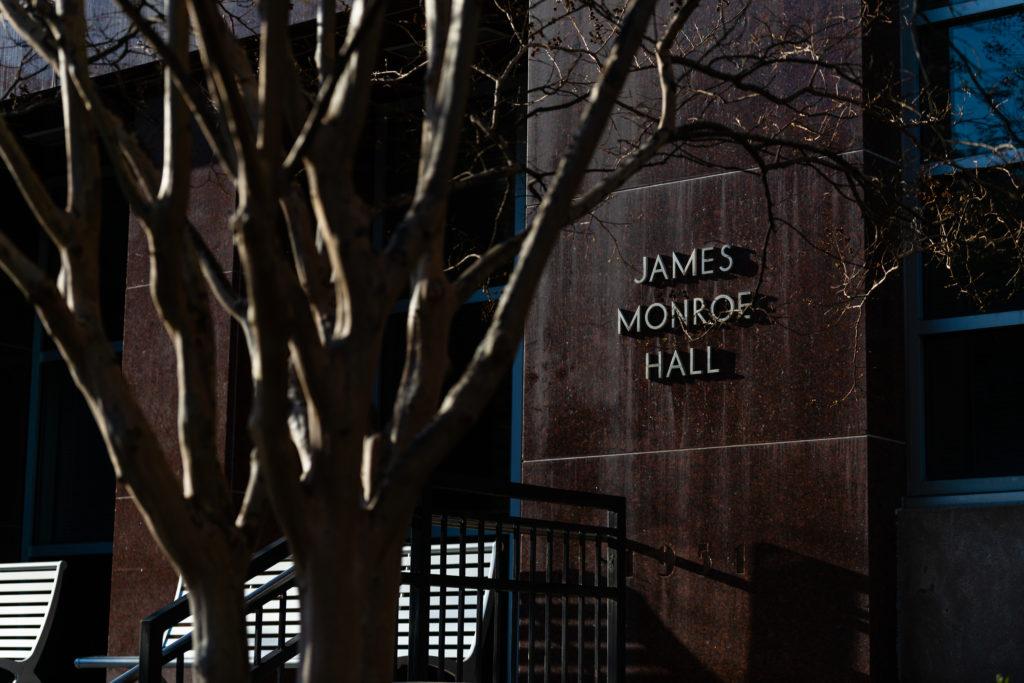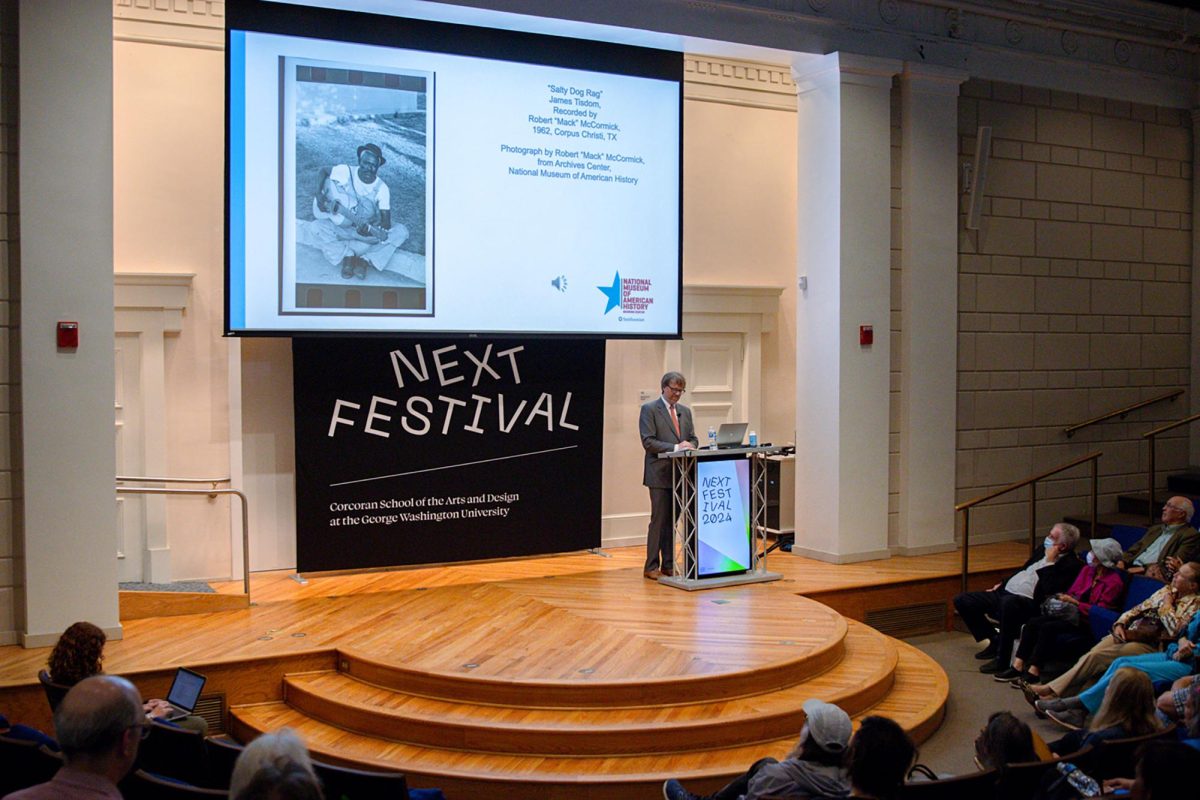D.C. joined the nationwide initiative, 988 Suicide and Crisis Hotline, which replaced the previous 10-digit suicide hotline to 988 on Saturday.
D.C. Mayor Muriel Bowser said in a press release anyone experiencing a mental health, substance abuse or suicidal crisis can call the 988 number and be connected to a local crisis center. The shorter number, which resembles the 911 emergency number, is designed to be more memorable and offer easy access to a trained professional to people experiencing suicidal ideation or any other mental health crisis.
“We are very focused on how we connect more residents to mental health care, and that is especially critical for people who are in crisis. Just like people know 911, now we also want people to know and use the 988 lifeline,” Bowser said. “In calling 988, people can get connected to trained crisis counselors and lifesaving services – any time, day or night.”
The previous National Suicide Prevention Lifeline number – 1-800-273-TALK (8255) – will still work if dialed, but will direct callers to the 988 line. The new three-digit number will also feature a 24/7 live chat function.
The D.C. department of behavioral health will continue to operate the district’s 24-hour mental health hotline at 1-888-793-4357 for those who want to talk to a professional about their mental health before it reaches a crisis, the release states.
Bowser said the new hotline will contribute to the initiative to decrease law-enforcement response to mental health crises and instead field calls to mental health specialists.
Bowser included a $5.1 million investment to the 2022 fiscal budget to add 14 staff members to D.C.’s mental health hotline and 27 new members to the community response team which provides a clinical response to mental health crises before an automatic law-enforcement response.
The release states that the department of health is adding 14 new staffers to the local call center to prepare for a potential increase in calls because of the number change. The city currently reports a 91% call-answer rate.








